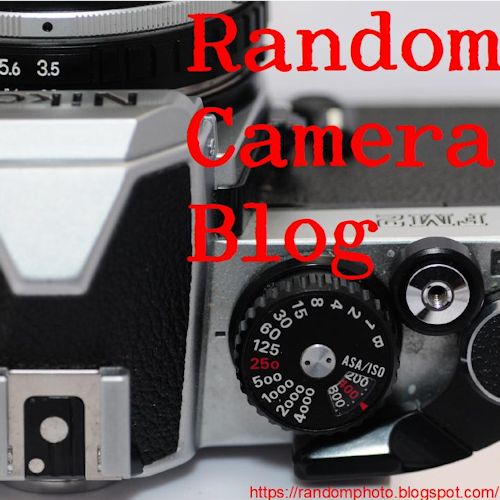
Who We Were - A Snapshot History of America by Michael Williams, Richard Cahan and Nicholas Osborn. 2008. CityFiles Press, Chicago, IL. ISBN:0-9785450-1-x hardcover, 240 pp. 45.00
The people at the website Square America -- a treasure trove of found, vernacular photographs -- put together an engaging book with the title "Who We Were - A Snapshot History of America." With photographs ranging from the humorous to the tragic; from the round photographs from the original Kodak (taken from a surrey, no less) to a Hasselblad photo from the moon, Who We Were is a delight to read.
Once George Eastman made photography available to the average person, the era of snapshots began. No longer would families sit stiffly at a photographer's studio, dressed in their Sunday best. The snapshot became the way to document the ordinary, as well as the extraordinary. As with any technology, some folks were better at photography than others, and as cameras became easier to use, everyone in the family could become the photographer of family activities. Thus, the rise in photography also mirrors the changes in American society, as families became more upwardly and territorially mobile. The snapshot became a way to keep families abreast of events as they spread apart. It's no surprise too, that as families became more disconnected, the snapshots that were once important to one part of a family, became scattered to the winds as family members died off and distant relatives had no appreciation for the photos taken "back in the day." That sets the stage for the Square America authors, as well as all other collectors of vernacular photography. It's one thing to collect old photographs, but providing some perspective on them is a more difficult task, sometimes requiring a fair amount of keen detective work to provide a narrative about the image.
Who We Were accomplishes the above quite well. With over 300 photographs, starting from the 1890s to the 1970s, this book chronicles the larger changes in American society by showing the small events that shaped it, and were shaped by it. Some of the photographs are chilling -- a massive KKK parade in some city in 1922; burning oil wells straight out of Dante in 1930; an approaching tornado in gritty black and white. Others will make you laugh, as girlfriends, boyfriends, spouses, and parents appear in snapshot form. Others are revelatory. A photograph of tenant farmers in the South picking cotton with a sharecropper's house in the background is every bit as effective as a photograph by Walker Evans. Whomever took that photograph may have had a different agenda, but the image is no less effective at showing the situation.
The photographs in this book are reminders that our past isn't so different from today in that people are interested in pretty much the same variety of things -- our children, the opposite sex, funny events, relatives, pets, work, interesting events, vacations, wars, and all the events that impact us. The clothes, the houses, the transportation, and the technology may change, but we are not so different from the people in those images.
I really enjoyed the narrative of the Who We Were, and the photographs selected for the book really do provide a time-line of US history that is palpable, as the images are based on those taken by the average person. They were not taken by a news photographer, FSA artist, or professional, but the people impacted by or participating in the events. That is a people's history, which makes it all the more interesting.
If you go to the Square America site as of this writing, there is a $15 discount on Who We Were. My book also came with a DVD with vintage home movies on it, as well as a snapshot!

2 comments:
Sounds like a great photographic book, Mark. I think I'll have to pick one up.
Great review. I am definitely putting this on my Christmas list. Robert Frank's "The Americans" is one of my favorite photography books. This seems to be made in a similar fashion. So cool!
Post a Comment